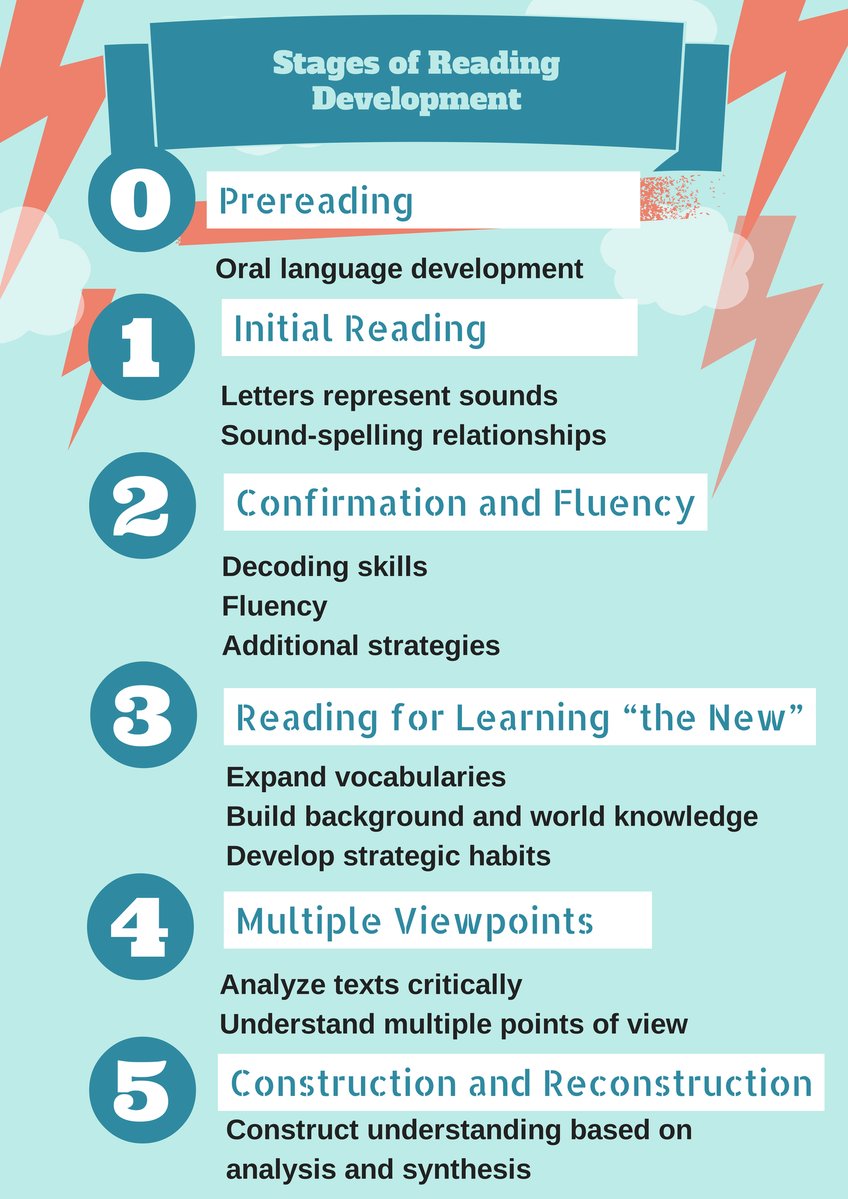My Thoughts on How Smart Readers Think
My Thoughts on How Smart Readers Think

One of the main topics that Chapter 2 of Subjects Matter
addresses is the stages of reading. This is something that I think gets passed
over in most classes, especially those that are not English content area
classes, but they are necessary to be a smart reader. Therefore, it should be
an important part of how we instruct our students to read and engage in
literature-heavy assignments, regardless of the content area.
Word Count: 72
Before Reading
Set purpose for reading.
Activate prior knowledge.
Develop questions.
Make predictions.
During Reading
Sample text.
Visualize.
Hypothesize.
Confirm/alter predictions.
Monitor comprehension.
After Reading
Recall/retell.
Evaluate.
Discuss.
Reread.
Apply.
Read more.
I think these steps are very helpful for students to follow. I think it is important for teachers to teach students how to use these guidelines effectively. For me, as a future Social Studies teacher, I could practice with a primary source document that we all read and work through together. I could explain the background of the reading and divide them into groups to discuss why we may be reading it, to begin to ask pre-reading questions, and to make predictions about the text. Then, I could allow them to work individually to read the text. Another helpful tool that is not specifically mentioned in these steps is allowing students to color code the reading with highlighters and colored pencils. It makes the reading more colorful, engaging, and organized in a student's mind. After, we could come back together as a class and discuss the material.
Word Count: 147
 |
| While this image doesn't follow the exact stages listed in the textbook, a simple, organized diagram like this could be helpful to give students to keep in their notebook to refer to while reading primary source documents. |
"I think it is important for teachers to teach students how to use these guidelines effectively." Yes! We have to show this list to students, make them learn it and use it repeatedly, and ask them to check in on their thinking as they go.
ReplyDelete